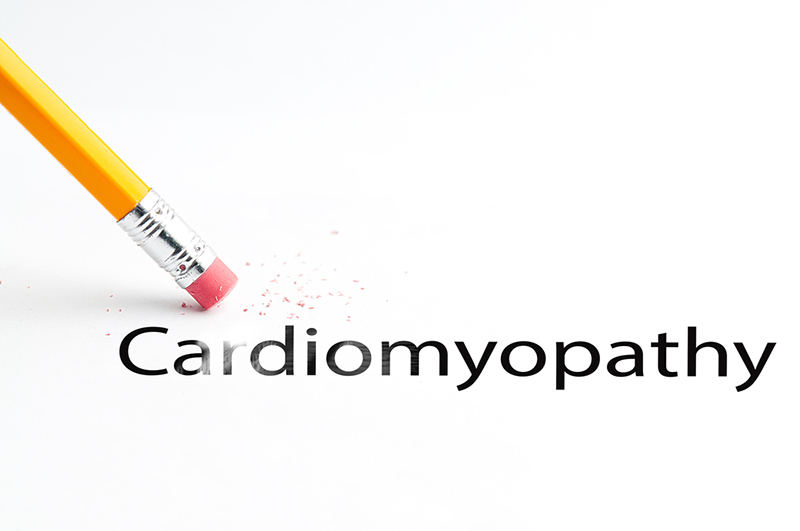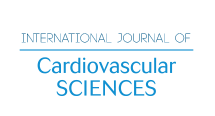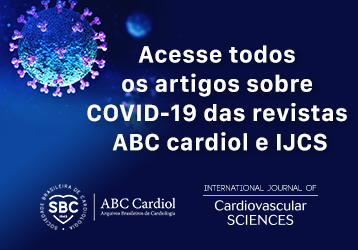Volume 32, Nº 2, Março e Abril 2019
DOI: http://www.dx.doi.org/10.5935/2359-4802.20190006
RELATO DE CASO
Variant Type of Stress Cardiomyopathy: Inverted Takotsubo Syndrome
Roberto Ramos Barbosa
Mayara da Silva
Marcelo Vaz de Mello Demian
Luiz Fernando Machado Barbosa

Introduction
Takotsubo syndrome (TTS), also known as stress cardiomyopathy, is a rare condition characterized by transient systolic and diastolic LV dysfunction, with akinesia of the apex and compensatory basal hyperkinesia, giving the heart the aspect of “apical ballooning”, described for the first time in 1990 in Japan.1 Its clinical presentation mainly includes chest pain, which often has typical angina characteristics, and dyspnea,2 being an important differential diagnosis from a classic acute coronary syndrome (ACS). TTS is observed predominantly among postmenopausal women, and the emotional stress is considered a precipitating factor in most studies. Its etiology is still controversial, and the excess of circulating catecholamine is the most acceptable mechanism.2-5 Variant forms of TTS have been increasingly reported,6 among which are described the apical, mid-ventricular, basal, and focal types7 or the inverted Takotsubo syndrome (ITS), characterized by hyperdynamic Apex and akinesia of the base; a morphological pattern opposite to the most common clinical manifestation of the disease. In this case report, we present the diagnosis and the evolution of a rare variant form of stress cardiomyopathy: inverted Takotsubo syndrome.
Keywords: Takotsubo Cardiomyopathy/complications; Takotsubo Cardiomyopathy/physiopathology; Takotsubo Cardiomyopathy/drug therapy; Psychological Stress; Heart Ventricles/diagnostic imaging; Echocardiography.











